Boating is both an art and a science, requiring a passion for open water and a deep respect for the intricacies of boat handling. Even the most experienced mariners can make simple mistakes that lead to serious consequences. This article sheds light on common oversights and errors in boat handling and provides detailed advice on how to avoid them, ensuring that your time on the water is as safe as enjoyable.
Each trip on the water comes with its own set of challenges and potential hazards, making it crucial for boaters to be well-prepared and knowledgeable about the best practices in boat operation. From ensuring proper equipment maintenance to mastering docking techniques, this guide offers insights into improving safety protocols and enhancing your overall boating experience.
Contents
Overloading the Boat Beyond its Capacity Limits
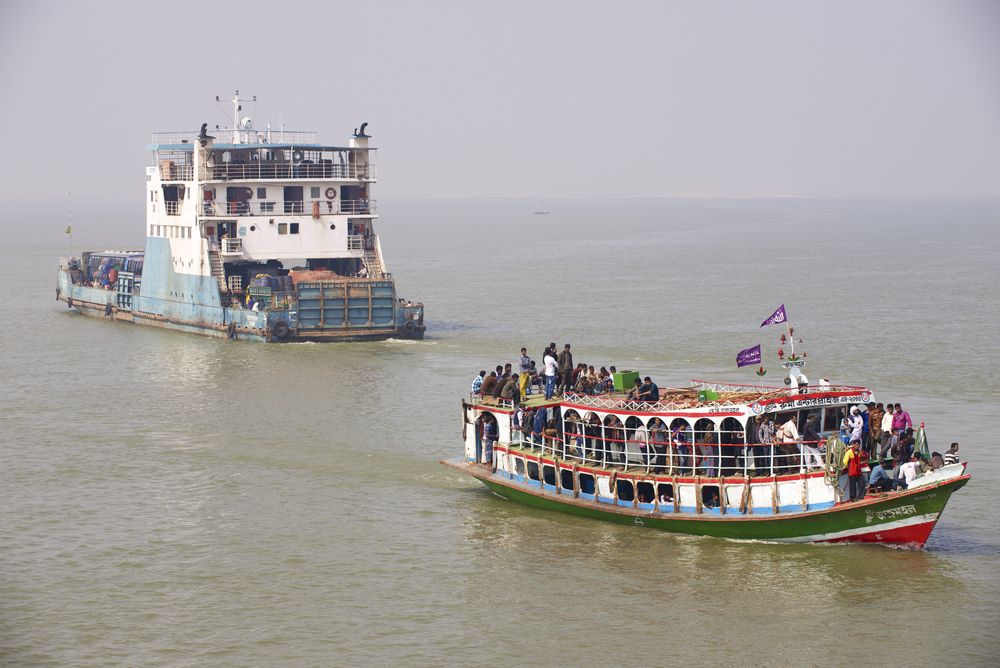
Overloading not only compromises the stability and handling of the boat but also puts severe stress on its structural integrity. Exceeding the recommended weight limit can lead to a lower freeboard, making the boat more susceptible to taking on water in rough conditions. It is crucial to balance the load evenly and ensure that the weight distribution does not affect the boat’s center of gravity, thus maintaining optimal maneuverability and safety.
Ignoring Weather Conditions
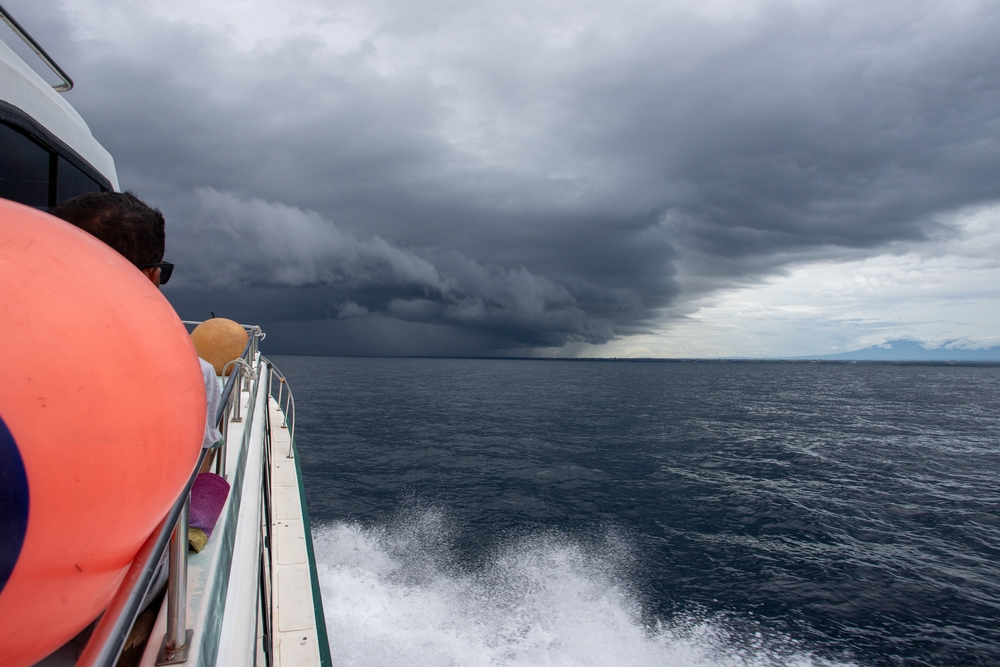
Boaters often underestimate the unpredictability and speed at which weather can change on open water. Ignoring weather conditions can result in being unprepared for wind shifts, sudden storms, or emerging fog. Such conditions can not only make navigation hazardous but also increase the difficulty of returning to shore safely. Regular updates via weather apps or marine forecasts should be part of every boater’s routine to avoid being caught off-guard.
Improper Anchoring Techniques

Anchoring requires understanding the seabed, as the wrong type of anchor or technique may fail in certain substrates like mud, sand, or rock. An anchor that drags can cause the boat to drift into hazardous areas or other boats. Proper anchoring involves selecting the right anchor for the conditions, deploying it at a suitable angle, and setting it firmly by gently pulling against the anchor line. Regular checks are vital, especially if conditions change or the boat seems to be moving.
Forgetting to Install the Boat Drain Plug Before Launching
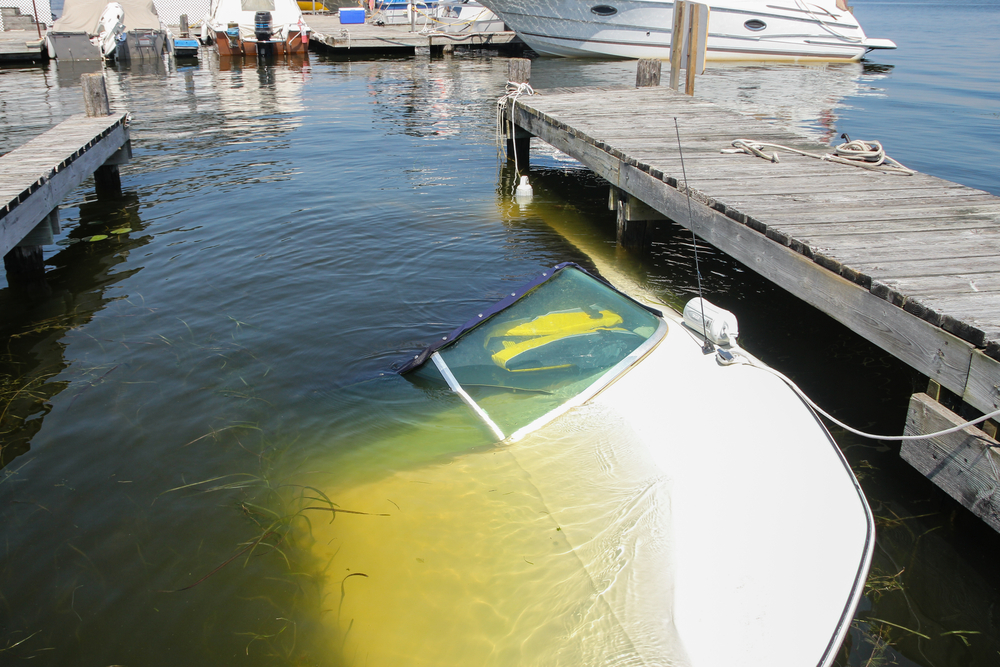
This common mistake can be catastrophic, leading to the gradual or rapid flooding of the boat’s bilge and lower compartments. Water ingress reduces buoyancy and can affect the boat’s electrical systems and engine, potentially leading to failure when most needed. Creating a launch checklist that includes checking the drain plug can prevent this oversight and should be a routine part of every boater’s practice.
Neglecting Regular Maintenance
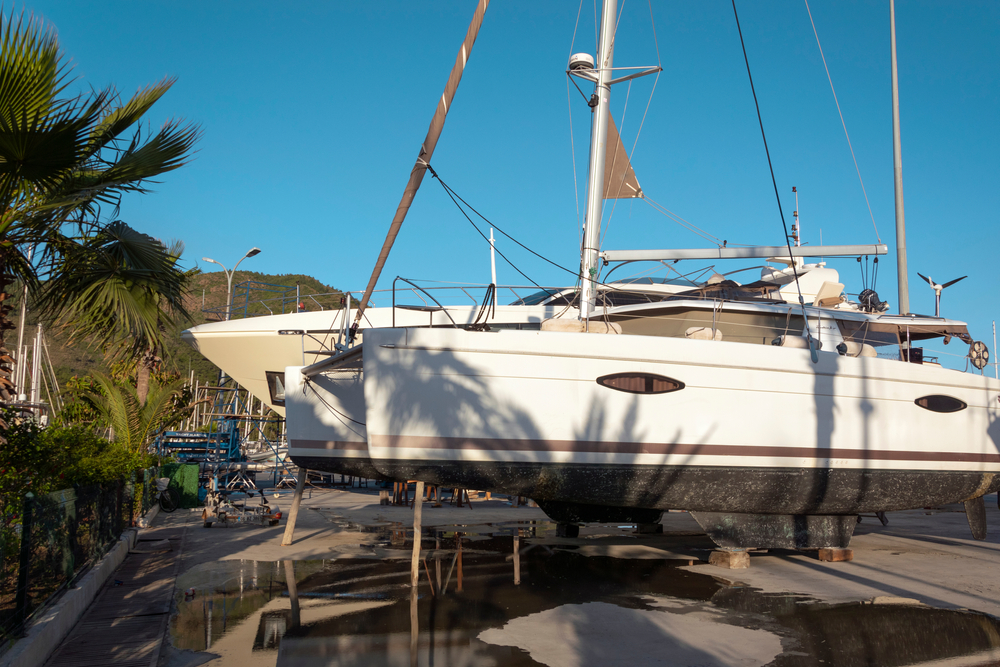
Consistent maintenance is essential for ensuring all critical systems of the boat are operational. This includes engine maintenance, hull integrity checks, battery tests, and ensuring that bilge pumps and navigation lights are functional. Regular maintenance not only extends the lifespan of the boat but also ensures it remains reliable in various sea conditions, preventing unexpected breakdowns that could endanger lives.
Docking Issues
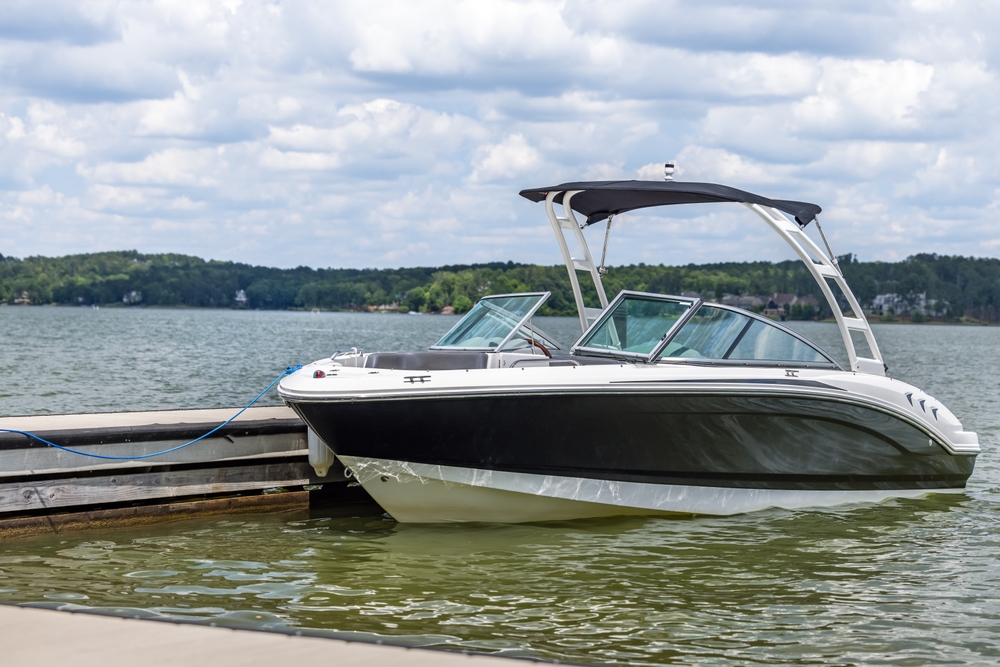
Effective docking requires skill and understanding of the boat’s response to controls and environmental factors like wind and current. Mishandling the docking process can lead to collisions that damage the boat and the dock, potentially causing injury. Practicing docking in different conditions, using appropriate speed, and understanding how to use lines and fenders correctly will improve safety and confidence in docking maneuvers.
Failing to Use Life Jackets Properly

Life jackets are the most direct lifeline in the event of an emergency. Each individual on board should have a life jacket that fits correctly and is designed for their body weight and size. Furthermore, life jackets should be readily accessible, not stowed away, and all passengers should be briefed on how to wear them properly before departure.
Improper Use of Navigation Aids
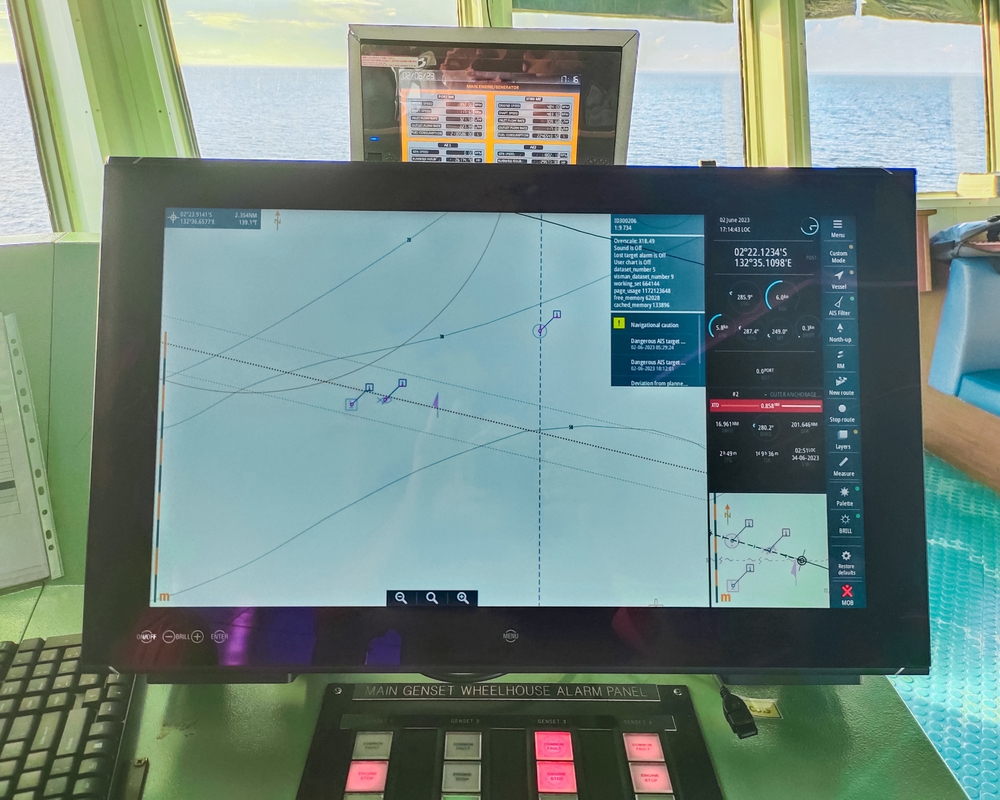
Navigation aids are crucial for safe passage, especially in unfamiliar or challenging waters. Misreading charts, GPS malfunctions, or simply not understanding how to interpret navigational tools can lead to disastrous mistakes, like grounding on shoals or colliding with submerged obstacles. Continuous education on navigational practices and regular checks of equipment accuracy are essential.
Lack of a Pre-Departure Checklist
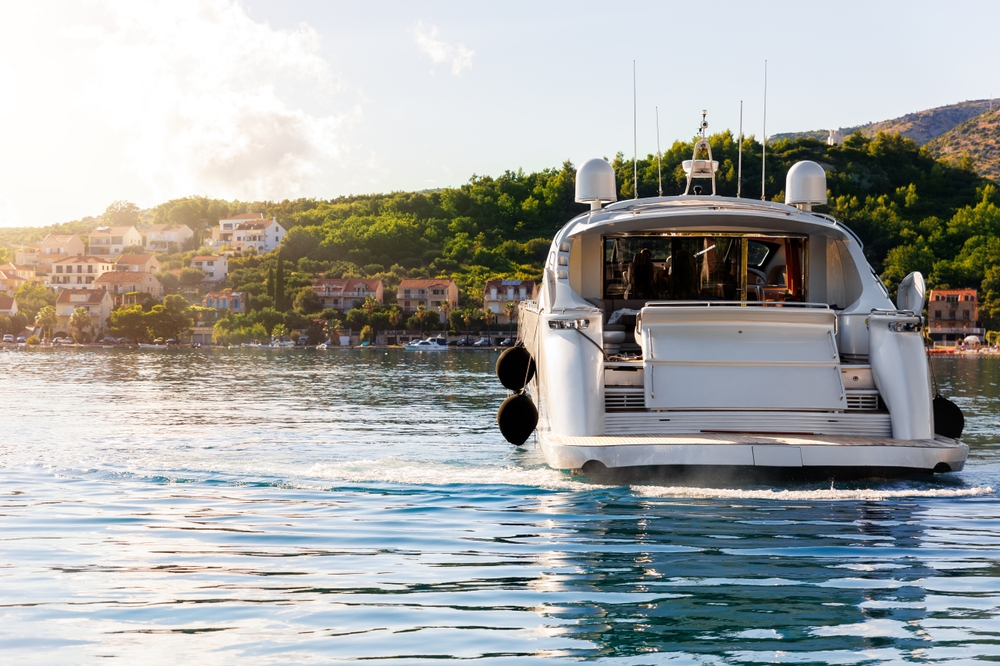
A thorough pre-departure checklist ensures that nothing is overlooked in the preparation process. This should include safety gear checks, fuel and oil levels, the functionality of communication and navigation systems, and the presence of all required safety documentation. This checklist minimizes the chance of encountering preventable issues while away from the dock, ensuring a safer and more enjoyable trip.
Disregarding Boating Laws and Regulations
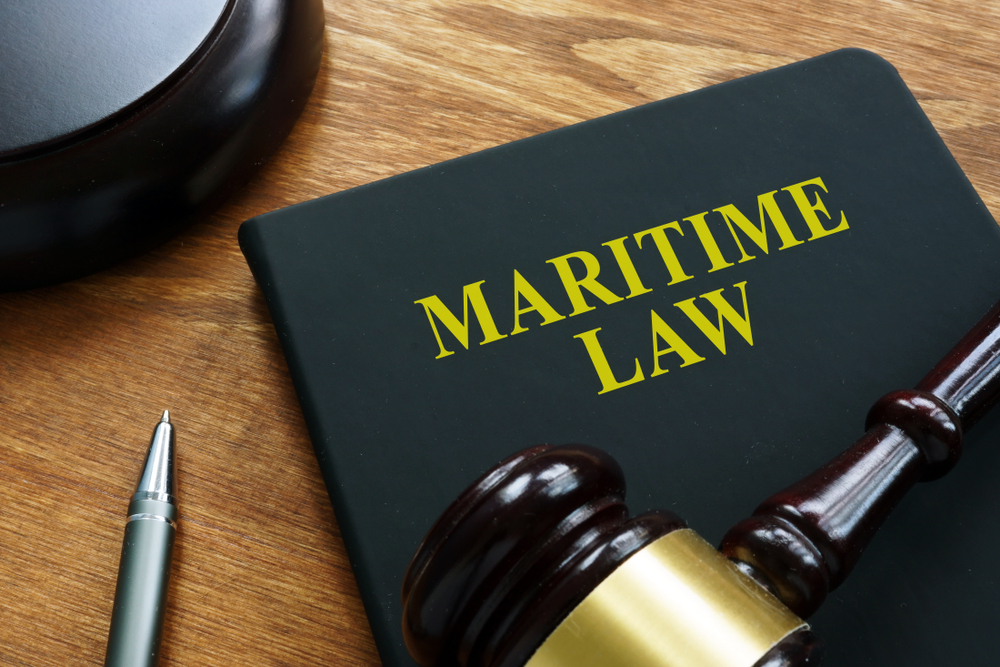
Knowledge and adherence to local boating laws, speed regulations, and operation guidelines are crucial for safe boating. These laws are designed not only to protect boaters but also the marine environment and other waterway users. Violations can lead to serious legal consequences and accidents, which could have been easily avoided by following the established guidelines.
This article originally appeared on MyCarMakesNoise.
More from MyCarMakesNoise
23 Budget-Friendly Cars Ideal for Retirees

When selecting a car during retirement, the focus is often on finding a balance between comfort, safety, and affordability. Whether you’re running daily errands, visiting family, or setting off on a road trip, choosing a vehicle that meets your needs without stretching your budget is important. Read More.
13 Unique Routes for the Adventurous Spirit

Venture off the mainstream path and discover a world of unique experiences tucked away in the quiet corners of the United States. From breathtaking natural wonders to sites rich in history, these unique travel routes provide the perfect opportunity for those looking to explore beyond the typical tourist destinations and immerse themselves in the diverse landscapes and cultural heritage of the nation. Read More.
20 Pickup Trucks Known for Unmatched Reliability

Choosing the right pickup truck means finding a balance between robust performance and enduring reliability. These vehicles are designed to tackle everything from daily commutes to the most demanding tasks on rugged terrains. Read More.














